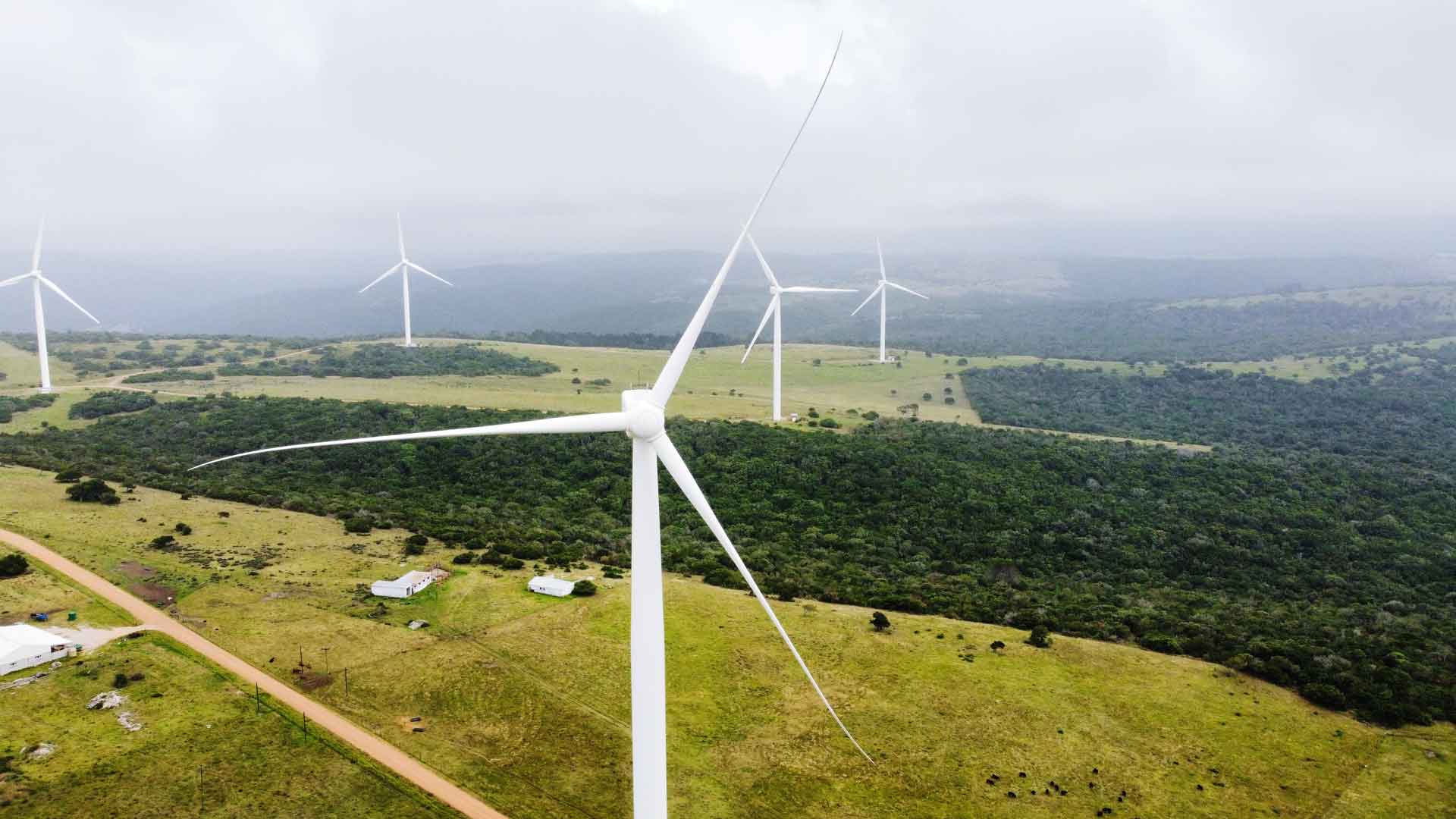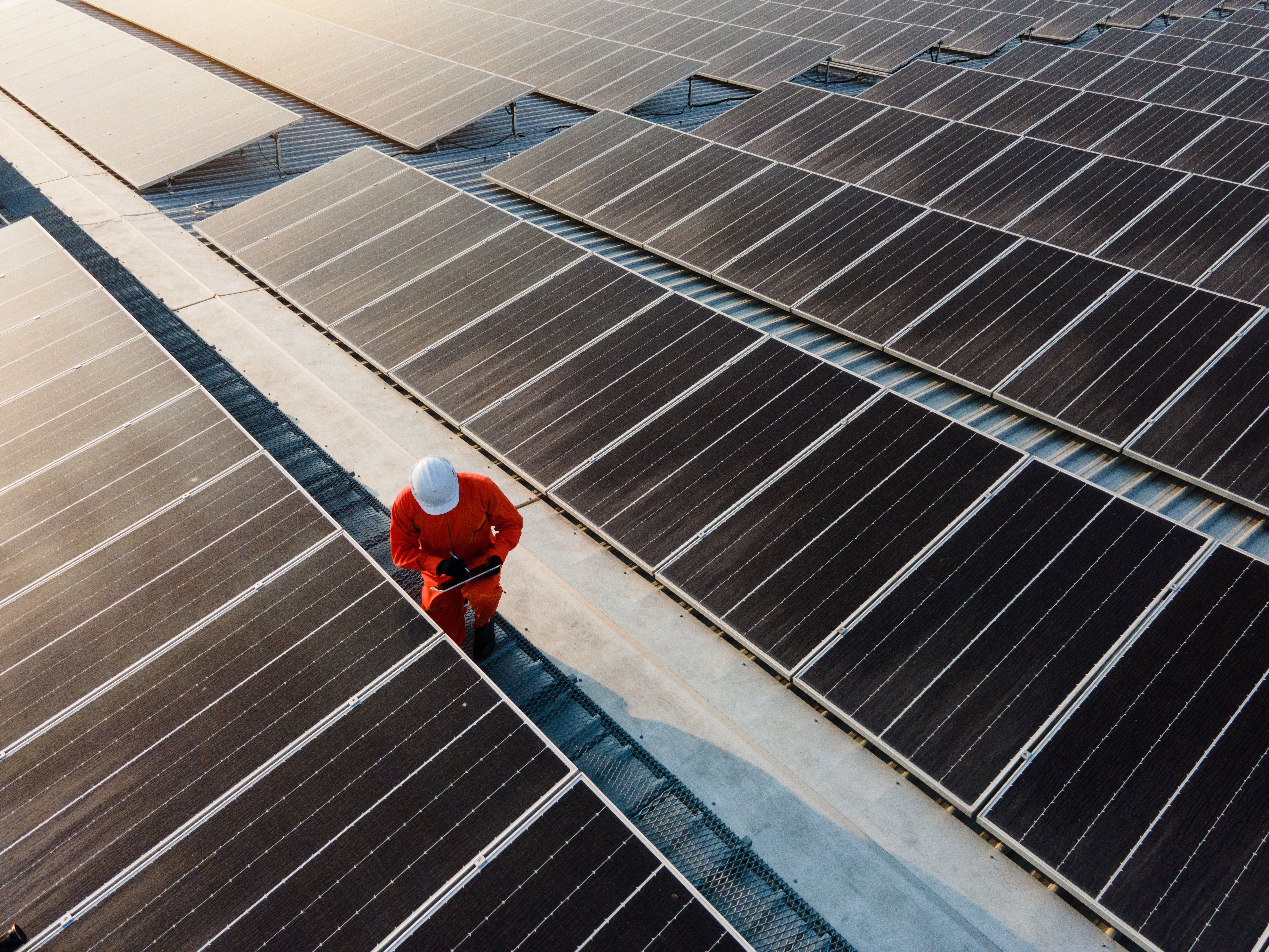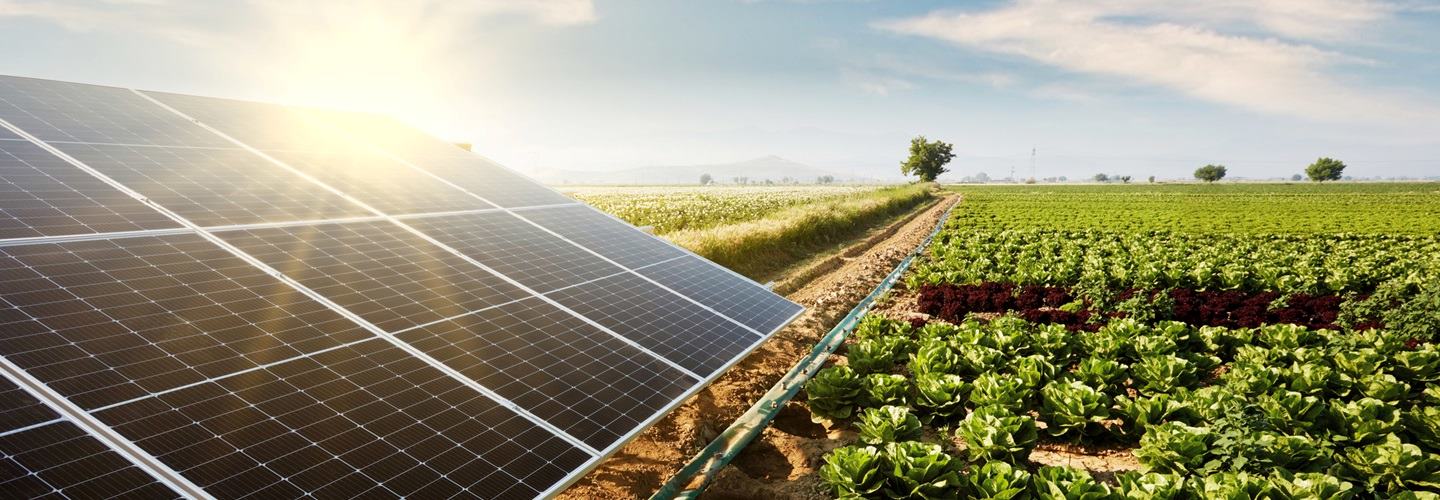Select Country
Don’t have your Nedbank ID yet?
Nedbank ID single sign-on gives you full digital access to Nedbank’s banking and lifestyle products and services on the Money app or Online Banking.
Log in
Log in to Online Banking or another one of our secured services.
Awards
Deals
- R4bn Tronox deal funds two 100MW solar plants
- Billions to help Redefine build green properties
- Harmony pursues green goals with R10 billion loan
- Cold solutions finance for cold storage facilities
- International Finance Corporation green bond fund
- Envusa energy deal: The way for renewable energy
- Paladin Energy senior debt funding partnership
- Renewable energy wind farm financing
- Stor-Age’s successful inaugural bond auction
- PlusNet, Peninsula Packaging and Barrier Film Convertors co-investment opportunity | Nedbank CIB
- IFC Green Loan | Nedbank CIB
- AngloGold appoints Nedbank CIB as sole underwriter | Nedbank CIB
- Nedbank CIB Property Finance Team achievement | Nedbank CIB
- PwC Tower, Westlands — Where Kenya's corporate vision meets world-class execution
Women of Corporate Investment Banking
Young Analyst Programme
Articles
- Africa's pathway to a climate-resilient economy
- Commercial property trends 2022
- Green energy in the developing world | Nedbank CIB
- How sustainable finance creates value
- How the property sector recovered in 2023
- FURTHER IMPACT empowerment for entrepreneurs
- There's a new buoyancy around water and sanitation
- What happens when finance meets sustainability?
- Africa’s renewable-energy projects
- Breaking barriers for energy transition in mining
- Nedbank CIB wins big at 2025 IFC Awards
- South Africa leads clean energy transformation
Conferences
Benchmark Reform
Corporate Finance
Financing
Investing
Markets
Transacting
- Login & Register
- Online Banking
- Online Share Trading
- NedFleet
- Register for Nedbank ID
- About us
- Awards
- Deals
- Explore About us
- Awards
- Deals
- R4bn Tronox deal funds two 100MW solar plants
- Billions to help Redefine build green properties
- Harmony pursues green goals with R10 billion loan
- Cold solutions finance for cold storage facilities
- International Finance Corporation green bond fund
- Envusa energy deal: The way for renewable energy
- Paladin Energy senior debt funding partnership
- Renewable energy wind farm financing
- Stor-Age’s successful inaugural bond auction
- PlusNet, Peninsula Packaging and Barrier Film Convertors co-investment opportunity | Nedbank CIB
- IFC Green Loan | Nedbank CIB
- AngloGold appoints Nedbank CIB as sole underwriter | Nedbank CIB
- Nedbank CIB Property Finance Team achievement | Nedbank CIB
- PwC Tower, Westlands — Where Kenya's corporate vision meets world-class execution
- R4bn Tronox deal funds two 100MW solar plants
- Billions to help Redefine build green properties
- Harmony pursues green goals with R10 billion loan
- Cold solutions finance for cold storage facilities
- International Finance Corporation green bond fund
- Envusa energy deal: The way for renewable energy
- Paladin Energy senior debt funding partnership
- Renewable energy wind farm financing
- Stor-Age’s successful inaugural bond auction
- PlusNet, Peninsula Packaging and Barrier Film Convertors co-investment opportunity | Nedbank CIB
- IFC Green Loan | Nedbank CIB
- AngloGold appoints Nedbank CIB as sole underwriter | Nedbank CIB
- Nedbank CIB Property Finance Team achievement | Nedbank CIB
- PwC Tower, Westlands — Where Kenya's corporate vision meets world-class execution
- Women of Corporate Investment Banking
- Young Analyst Programme
- Articles
- Africa's pathway to a climate-resilient economy
- Commercial property trends 2022
- Green energy in the developing world | Nedbank CIB
- How sustainable finance creates value
- How the property sector recovered in 2023
- FURTHER IMPACT empowerment for entrepreneurs
- There's a new buoyancy around water and sanitation
- What happens when finance meets sustainability?
- Africa’s renewable-energy projects
- Breaking barriers for energy transition in mining
- Nedbank CIB wins big at 2025 IFC Awards
- South Africa leads clean energy transformation
- Africa's pathway to a climate-resilient economy
- Commercial property trends 2022
- Green energy in the developing world | Nedbank CIB
- How sustainable finance creates value
- How the property sector recovered in 2023
- FURTHER IMPACT empowerment for entrepreneurs
- There's a new buoyancy around water and sanitation
- What happens when finance meets sustainability?
- Africa’s renewable-energy projects
- Breaking barriers for energy transition in mining
- Nedbank CIB wins big at 2025 IFC Awards
- South Africa leads clean energy transformation
- Conferences
- Benchmark Reform
- Solutions
- Corporate Finance
- Financing
- Investing
- Markets
- Nedbank Business Hub
- Transacting
- Explore Solutions
- Corporate Finance
- Financing
- Investing
- Markets
- Nedbank Business Hub
- Business hub lead form
- Business hub lead form
- Transacting
- Sustainability
- Explore Sustainability
- Contact us
- Explore Contact us
Why there's a new buoyancy around water and sanitation
Why there's a new buoyancy around water and sanitation
Thiago Almeida, Divisional Executive at Nedbank Corporate Investment Banking
3 mins
The national project pipeline has been cleared, and a multifaceted strategy is being implemented to address municipal dysfunction.
South Africa faces an imminent water crisis that bears remarkable similarities to the energy challenges experienced by Eskom. A significant portion of our population still lacks access to fundamental human necessities like clean water and adequate sanitation. Worryingly, 30% of our water supply systems produce water that does not meet basic microbiological safety standards, and 40% of our wastewater treatment plants suffer from severe neglect. This impending crisis highlights a systemic breakdown that requires immediate attention and decisive action.
The investment needed to address the maintenance backlog and maintain water and sanitation infrastructure is more than R30 billion annually, and unlike Eskom, it isn't needed in just one entity. The crisis manifests itself across many water boards and most municipalities. Importantly, it also creates a public health crisis.
The finance minister made it clear in his medium-term budget policy statement that fiscal capacity is under pressure, so it is clear that a multi-stakeholder approach will be needed to address the water and sanitation crisis, including bankable projects that can be delivered by a private-sector participation model with backing from equity investors and funding from banks and development finance institutions. A supportive regulatory and policy framework will be a prerequisite.
It is encouraging, therefore, to see the positive policy response in the form of the Water Partnership Office established by the Department of Water and Sanitation (DWS) and the Development Bank of Southern Africa (DBSA). It has become clear that the water and sanitation crisis can be resolved if decision-makers at the Treasury and in Parliament pull the right levers so that officials at the DWS, DBSA and the Water Partnership Office can start to transform their vision into reality, with the support of investors keen to diversify their portfolios into a vital area of national interest.
The vision is sweeping and impressive, as the director-general of water and sanitation, Dr Sean Phillips, explained at a networking forum in Johannesburg last month (October 20) hosted by Nedbank and the NEPAD Business Foundation. It starts with the creation of the National Water Resource Infrastructure Agency, which will address fragmentation in the DWS by merging the Trans Caledon Tunnel Authority (TCTA), which raises finance on the markets for infrastructure projects; the water trading entity, which collects the revenue from water sales; and the infrastructure branch which maintains and operates dams.
This will create an entity with assets and a balance sheet, unlike TCTA, meaning that in time, it will be able to raise finance in the market without the constraint of needing Treasury guarantees. As it is, a pipeline of DWS infrastructure projects has already been unblocked by water and sanitation minister Senzo Mchunu, and the private sector has committed 60% of their funding.
The role of the Water Partnership Office, led by the DBSA's Johann Lübbe, will be to support municipalities in developing bankable projects. Lübbe told the networking forum the office is developing standardised programmes to create, prepare and structure public-private partnership projects so that municipalities do not constantly have to reinvent the wheel.
"All our initiatives are aimed at private sector participation, creating opportunities for the private sector to come in and support government with the provision of water services," he said.
Priority areas include water reuse, the loss of water and revenue through leaks, involving the private sector in building, operating, and maintaining wastewater treatment plants and introducing "independent water producers" to build and operate desalination plants in coastal cities. The office is also developing a way to give private sector companies management contracts to support municipalities in fixing their water businesses.
It's important to note that the Water Partnership Office cannot force municipalities to accept its help. However, widespread municipal dysfunction is being tackled through amendments to the Water Services Act. A new system will mean services can only be provided by an entity with an operating licence. Licensing requirements will specify minimum competence and performance levels for service providers linked to gazetted norms and standards for water and sanitation services.
Municipalities will have to fulfil licence conditions if they provide the services themselves, and if they persistently fail, the minister will be able to force them to contract with a licensed water services provider. This is a key change with the potential to quickly transform water and sanitation. It provides an objective basis for municipalities to evaluate service providers and opens the door to municipalities using private sector companies, water boards, NGOs, or community organisations as service providers. This should lead to a competitive market in which municipalities have a pool of competent service providers to choose from.
A similar reform in Brazil, which also had a nationwide water and sanitation crisis, saw most of the country adopting private-sector water service providers within only a year, and service-delivery improvements quickly followed.
Phillips said the DWS is pressing the Treasury to issue "simpler and quicker" regulations on public-private partnerships and to strengthen its credit control measures so municipalities with growing debts to water boards can have their equitable share allocations withheld. This will incentivise them to fix the weak billing and revenue-collection systems that leave them with increasing debts that imperil the survival of water boards.
All of this progress is long overdue, although I emphasise that while the existing public-private partnership framework is strong, it falters when it comes to capacity and efficiency. However, minimal investment in water and sanitation infrastructure means institutional knowledge and technical skills have been lost. That's why a critical part of creating momentum will be to rebuild capacity in municipalities and the private sector so that investors' funds are wisely spent on productive and efficient projects.
Fortunately, we have examples of where private sector involvement in providing water services is effective and financially beneficial for a municipality. One example is Siza Water, which has a 30-year concession with Ilembe District Municipality on KwaZulu-Natal's Dolphin Coast and pays half its profits into municipal coffers. Siza has cut water losses from 50% to between 10% and 12%, and managing director Shyam Misra told the forum: "We're basically managing the primary resource for growth and development, and the ripple effect is phenomenal for the whole economy."
I'm not arguing that the private sector has all the answers. It can coexist with the public sector. We simply want models that work. Most importantly, investors in public-private partnerships are looking for active management that squeezes every bit of efficiency out of projects. That will be good for shareholders and even better for water users.
Related posts
See allAccelerating and scaling Africa’s renewable-energy projects
In Africa more than 600 million people lack access to electricity. At the current pace of electrification millions of Africans are still expected to be without electricity in 2030 unless the pace of electrification is trebled, by connecting more than 90 million people a year. Beyond electrification, African countries should also focus on reducing gaps in access to electricity between urban and rural areas through expanding the electrical grid.
By Hlatse Nkune
Published 22 Aug 2024 in nedbank:cib/articles/energy
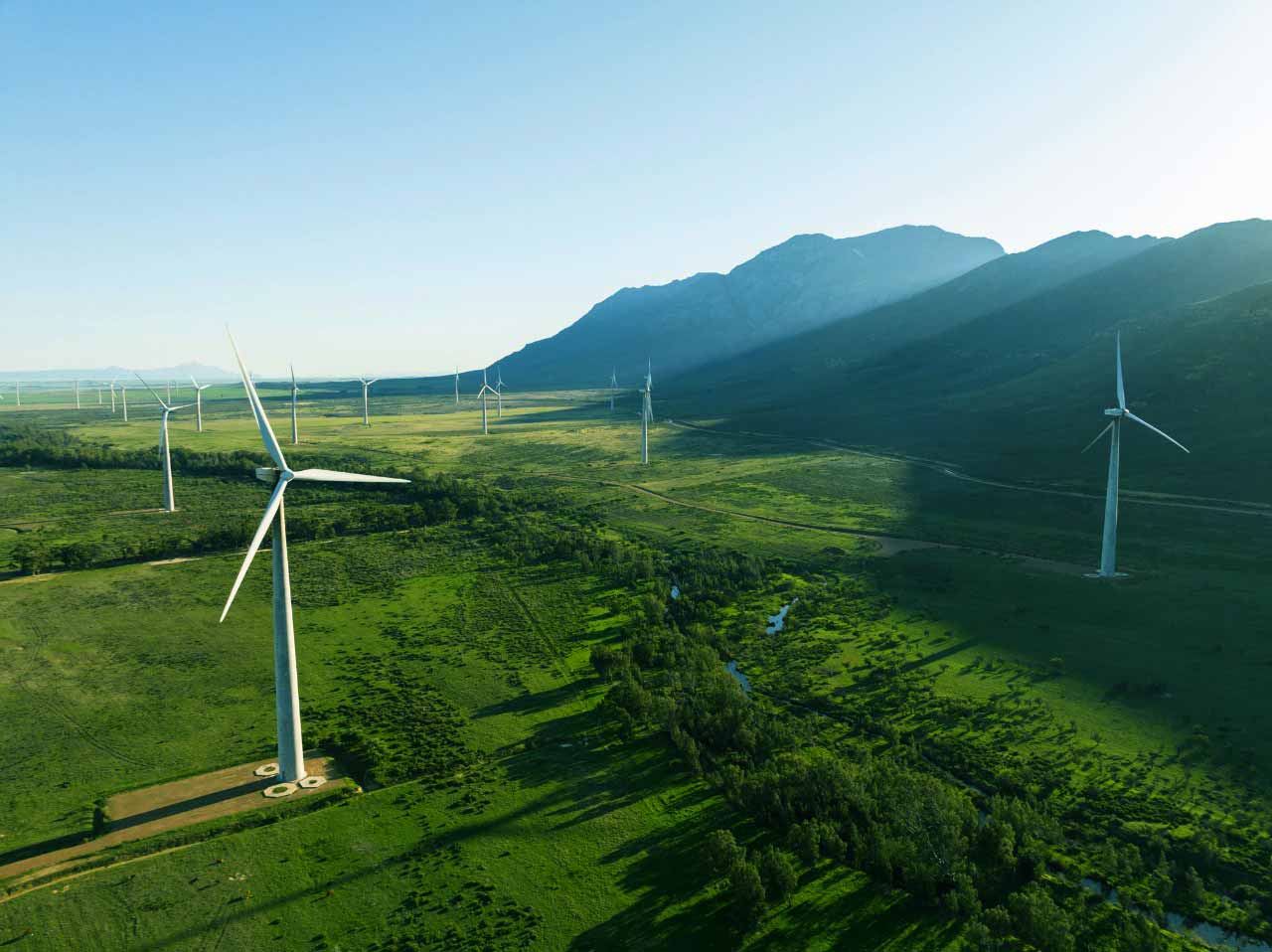
Accelerating and scaling Africa’s renewable-energy projects
In Africa more than 600 million people lack access to electricity. At the current pace of electrification millions of Africans are still expected to be without electricity in 2030 unless the pace of electrification is trebled, by connecting more than 90 million people a year. Beyond electrification, African countries should also focus on reducing gaps in access to electricity between urban and rural areas through expanding the electrical grid.
Hlatse Nkune
Published 22 Aug 2024
What happens when finance meets sustainability?
Find out at the 25th edition of the Africa Energy Forum (AEF), which will be held in Nairobi, Kenya, from 20 to 23 June 2023. During the event Nedbank CIB will collaborate with other energy sector experts, regulators, utilities, developers, and institutions to identify crucial opportunities that will drive the industry forward.
By Staff writer
Published 23 Jul 2024 in nedbank:cib/articles/sustainability

What happens when finance meets sustainability?
Find out at the 25th edition of the Africa Energy Forum (AEF), which will be held in Nairobi, Kenya, from 20 to 23 June 2023. During the event Nedbank CIB will collaborate with other energy sector experts, regulators, utilities, developers, and institutions to identify crucial opportunities that will drive the industry forward.
Staff writer
Published 23 Jul 2024
Why there's a new buoyancy around water and sanitation
The national project pipeline has been cleared, and a multifaceted strategy is being implemented to address municipal dysfunction.
By Thiago Almeida, Divisional Executive at Nedbank Corporate Investment Banking
Published 22 Aug 2024 in nedbank:cib/articles/water
Embedded generation: The next vital developments to an energy-secure South Africa
Improved legislation, aggressive financing terms from funders and assistance from developed countries to aid South Africa in alleviating energy crisis.
By Amith Singh; Head of Energy Finance: NCIB
Published 30 May 2024 in nedbank:cib/articles/investment
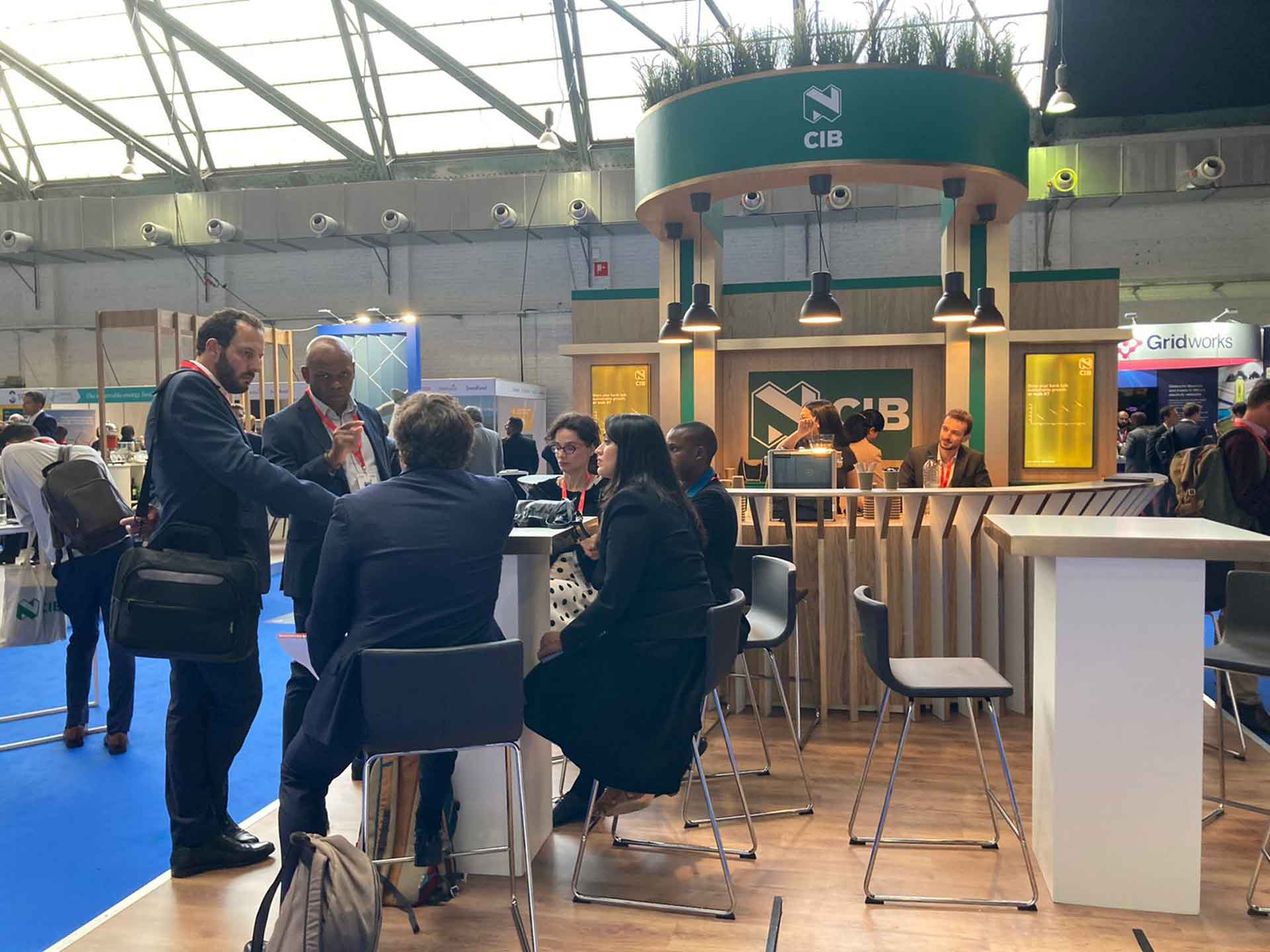
Embedded generation: The next vital developments to an energy-secure South Africa
Improved legislation, aggressive financing terms from funders and assistance from developed countries to aid South Africa in alleviating energy crisis.
Amith Singh; Head of Energy Finance: NCIB
Published 30 May 2024



